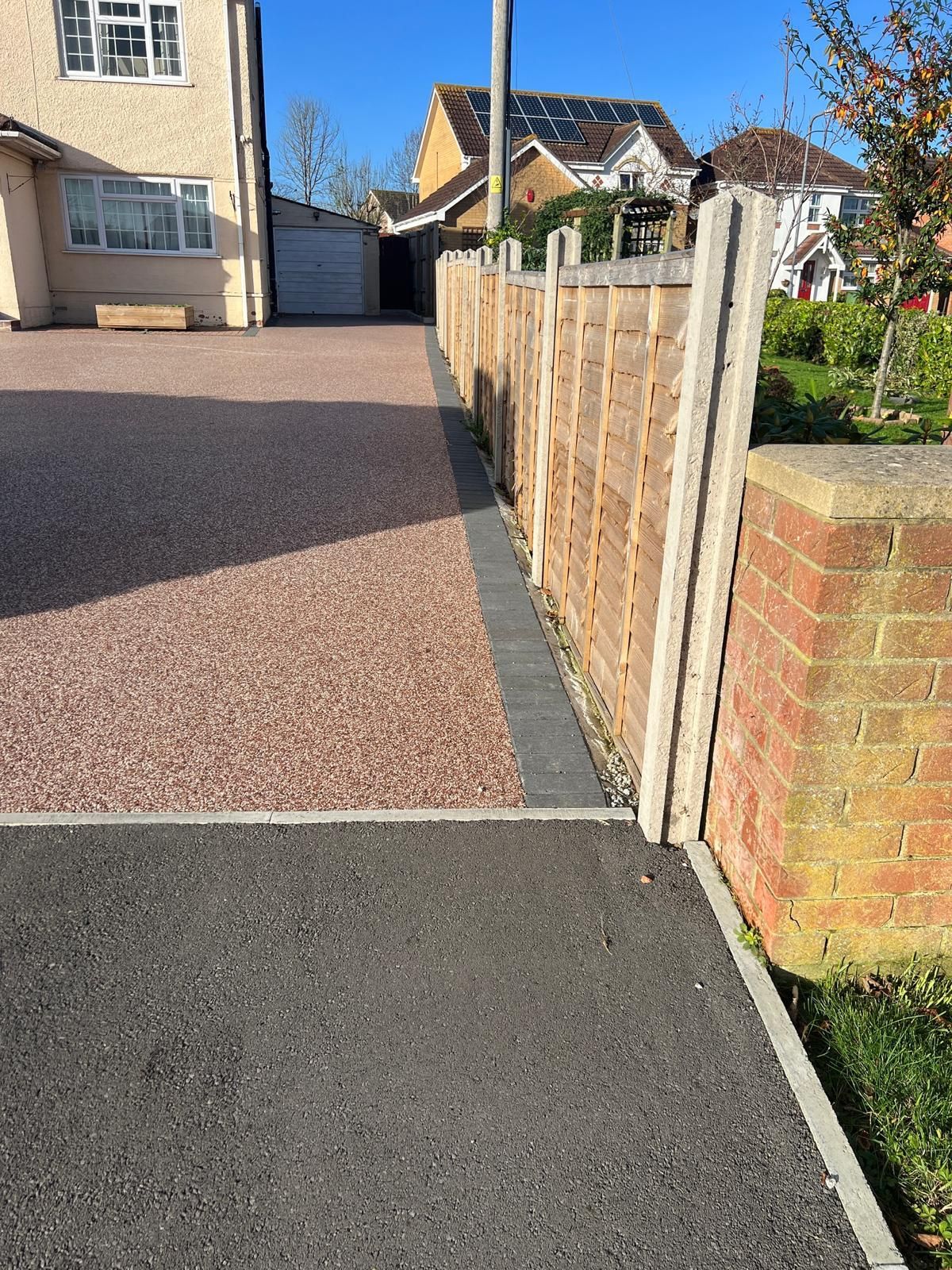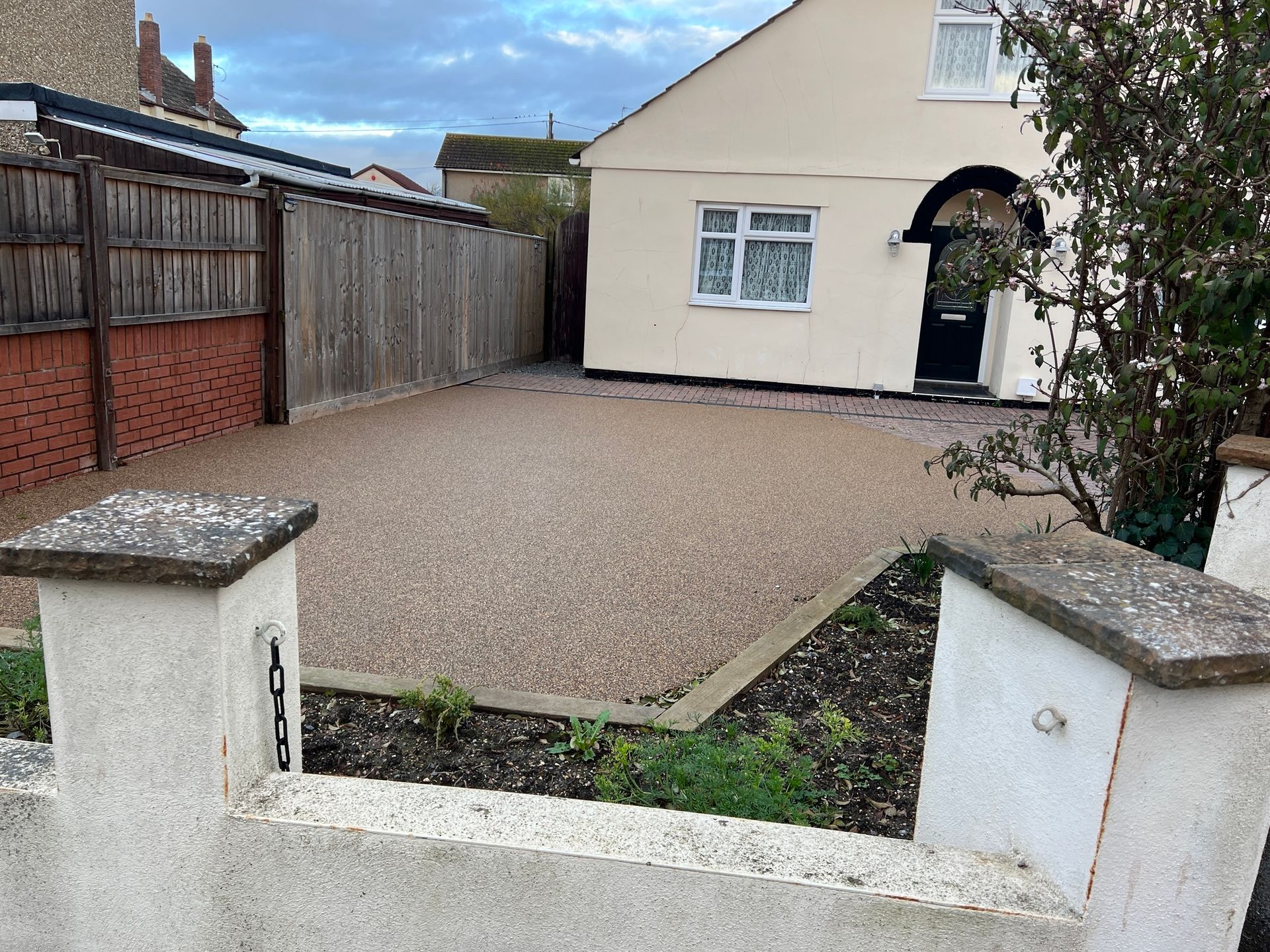Resin Driveways Demystified: A Comprehensive Guide to Selection, Installation, and Care
Installing a resin driveway can significantly enhance your home's curb appeal. Accurate material calculation is crucial for a successful project, whether you're considering resin-bound gravel or resin-bonded gravel.
Understanding Resin Driveway Types
Before calculating materials, it's essential to understand the two main types of resin driveways.
Resin-bound gravel involves aggregate mixed with resin, creating a permeable surface.
Resin-bonded gravel, on the other hand, is applied by scattering aggregate onto a resin-coated surface. Each type has different material requirements and installation processes.
Calculating Resin Quantity
To determine the amount of resin needed, begin by calculating the total square meters of your driveway. Next, choose the depth, typically 15-20mm, for domestic use. Multiply the area by the depth to get the total volume in cubic meters. Apply the recommended resin-to-aggregate ratio (usually 1:4 for bound systems), and include an extra 10% for potential spillage or uneven surfaces.
Choosing a Contractor
Finding the
best resin driveway company or reliable
contractors is crucial for quality installation. Research local providers and ask for references. Many companies offer
modern resin driveway options that complement contemporary and traditional homes.
Design Considerations
Explore various
resin driveway design ideas to find a style that suits your property. Consider colour, pattern, and how the driveway will integrate with your landscaping.
Comparing Options
When deciding on a driveway material, consider comparing resin to other options.
Resin driveway vs. concrete comparisons often highlight resin's superior design flexibility and permeability. When compared to
block paving, resin typically provides a smoother surface with fewer joints.
Longevity and Maintenance
When properly installed and maintained, resin driveways typically exceed the lifespan of traditional materials. Regular cleaning and occasional resealing can help preserve their appearance and functionality.
By accurately calculating your resin needs and carefully considering these factors, you can
create a beautiful, long-lasting driveway that enhances your property's value and appeal. Remember to consult with professionals for the most accurate assessments and high-quality results.
View our YouTube video on the subject below:
You might also like
Clark's Resin Driveways



